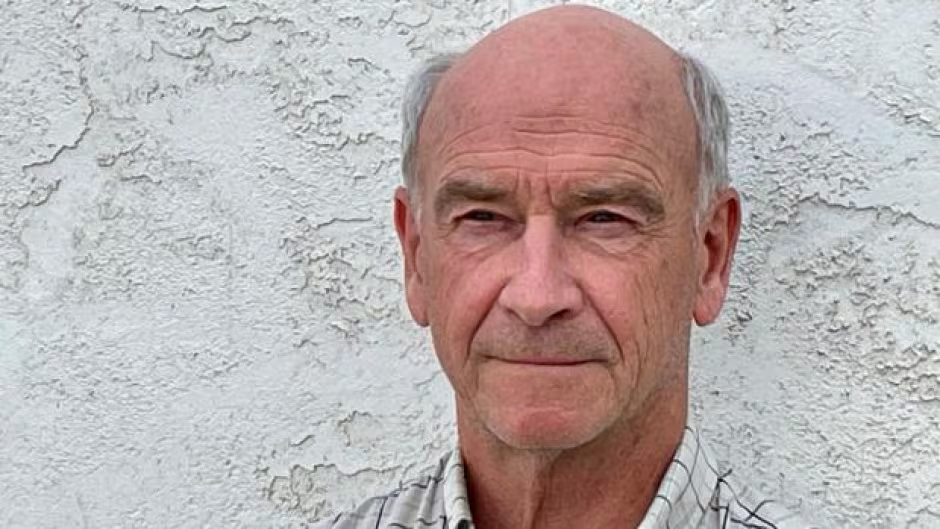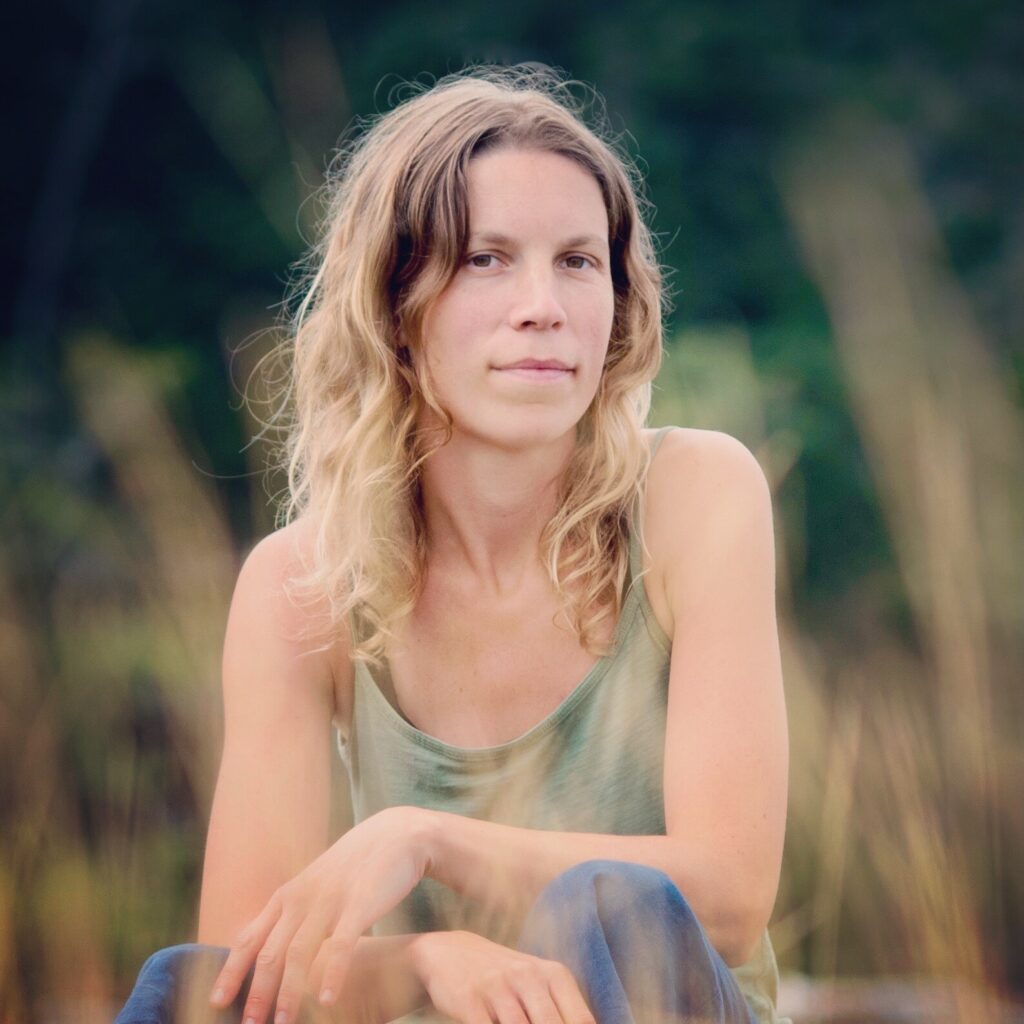I first “met” Virginia Woolf at the end of high school, just before I began university—those two transitional months of summer between the end of adolescence and the beginning of young adulthood. I can picture myself, lying in the garden on the chaise lounge that July, opening Mrs. Dalloway, a book about which I knew nothing, and, a few pages in, feeling stunned. I was encountering moments captured out of time: ordinary objects made extraordinary, light and shadow as they altered leaves and grass, a character’s consciousness, un-curtained…. I’d entered an unknown book, and suddenly found “my” author.
And now, these many years later, and for the first time, I read The Waves.
For those who haven’t, how to describe this complex novel? Virginia Woolf thought it was her most experimental work, and Leonard Woolf deemed it her best book, and a masterpiece. The structure is confusing, until one sorts it out: Six characters, the only action their stream-of-consciousness inner monologues—beginning when they are together as kindergartners, and moving through childhood, prime years, midlife, and on to old age and death—each character’s consciousness growing, awareness changing—but always through the lens of their particularity, coloured by their histories, sensibilities, ambitions, inhibitions, deep-seated fears.
And the inner soliloquies of these disparate characters connect: through their shared experiences as they age; through Woolf’s repetition of imagery and symbols; through the death of a seventh character, whom they all had loved; and through the natural cycles: day to night, spring to autumn, the passage of the sun across the sky, and the pyramidal movement of a wave.
Introducing each section, and alternating with the monologues, Woolf added “interludes”, small symphonies of poetry that follow the sun as it is moves through one day; sunbeams as they illumine and alter the same room in a particular house; the waves as they roll in, roll out.
What was Woolf aiming for with this experimental structure? “I am convinced that I am right to seek for a station whence I can set my people against time & the sea,” Woolf wrote in her diary as she was contemplating this new book. The time had come, she decided, to abandon “this appalling narrative of the realist…. Why admit anything to literature that is not poetry—by which I mean saturated?”
“I am writing to a rhythm, and not to a plot” … she wrote to a friend, the book resolving itself “into a series of soliloquies… running homogeneously in & out, in the rhythm of the waves.” Woolf wrote fast, furiously (though through numerous drafts) as she crystallized her vision of “a very serious, mystical, poetical work”, while, at the same time, not having “any notion what it would be like”. Her diary entries alternate between the repeated admission, “I don’t know”, and the conviction that “there is something there”.
And how familiar that state of uncertainty is for those of us who are writers and, especially, poets!
So why have I picked up this book, now? From Mrs. Dalloway to The Waves, Virginia Woolf is bookending my life. Both novels explore the passage of time: for Mrs. Dalloway, it was one day; for the characters in The Waves, an entire life. Both are meditations on consciousness, and on time. And what better subjects to ponder at another transition in my life—when, dare I say it? I am becoming old—through the intermediary of the brilliant Virginia Woolf?
She should have the last words here.
She gives them to Bernard, one of the six characters, who, with his personae of the writer-narrator, is perhaps the closest of them to Virginia Woolf. His extended soliloquy ends the novel.
The final monologue is elegiac, a contemplation of old age and impending death. The sadness of loss runs through it, acceptance, fatigue, and, also, anger. But beneath his words, his individual loss, we hear the voice of the universal, of the eternal: listening, we can hear the sound of the waves breaking on the shore.
From the second last paragraph in The Waves:





